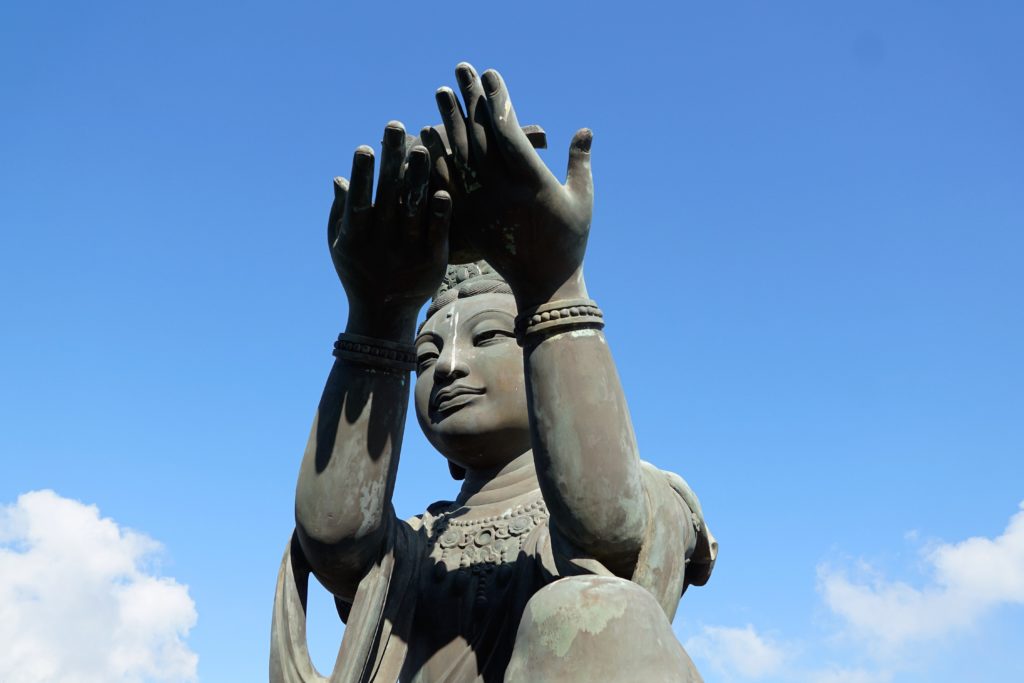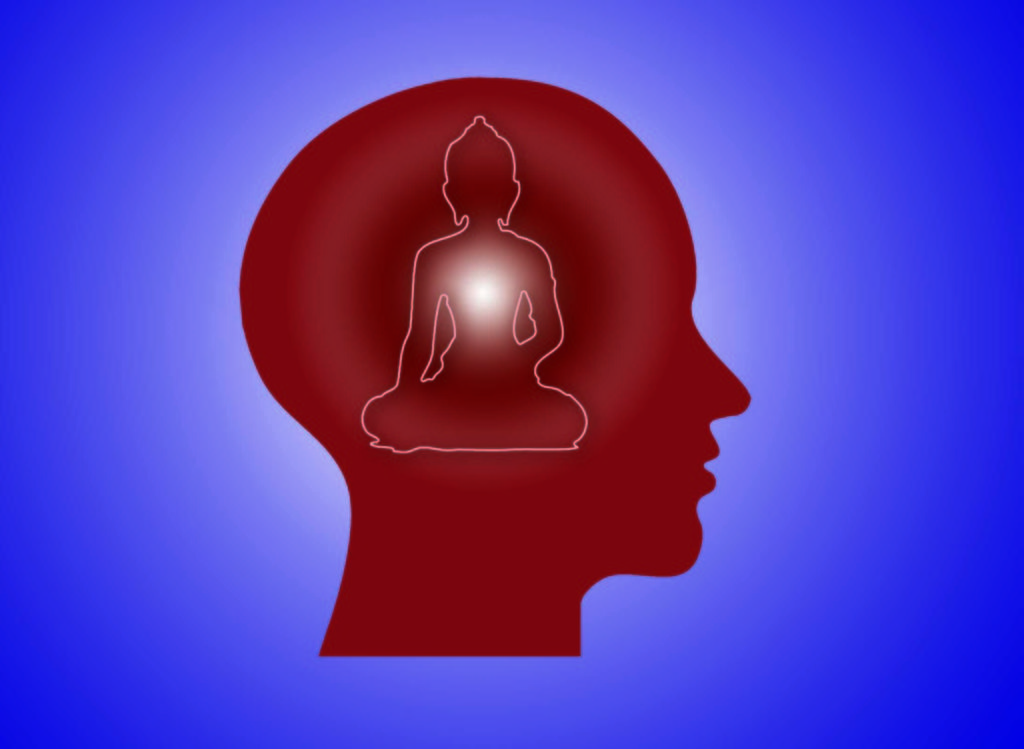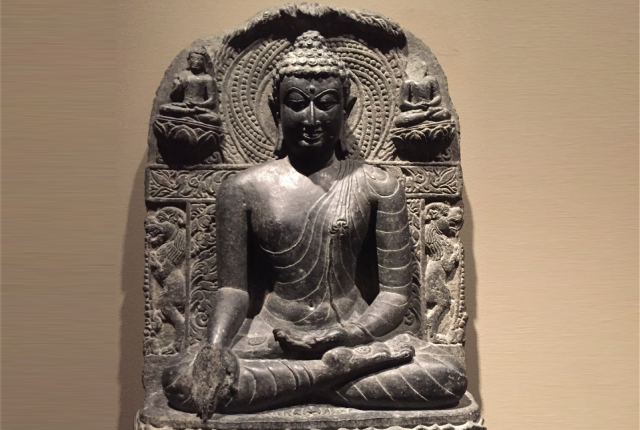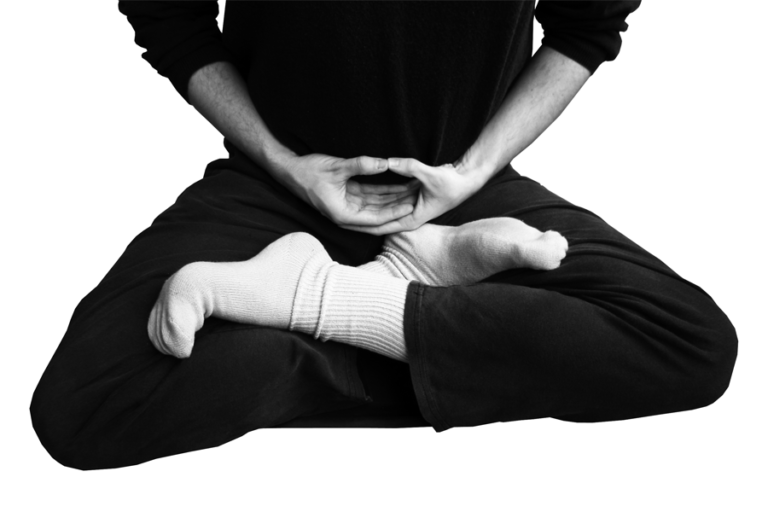
An illusory appearance is any phenomena that we mistakenly believe is not empty.
The Buddha often explained emptiness and impermanence by getting people to think about how phenomena arise, change, and decline. The process of arising, changing, and declining is a general form of the cycle of birth and death. Birth corresponds to arising while death corresponds to declining. The purpose of these explanations is to make us focus on the details of change, and thereby realize that nothing is permanent. When we completely understand that nothing is permanent and that nothing has a “stable essence,” we will understand that all appearances to the contrary are but “illusory appearances.”
The Lankavatara Sutra says, “All things arise from the mind and all things are extinguished in the mind.”
All things, both good and bad, start in the mind. Delusion is based in the workings of the mind. The sutra says realize that…the mind is the source of unwholesomeness, and the body is a gathering of wrongdoings.
The Buddha says that “the mind is the source of unwholesomeness” to make us realize that everything we have is of our own making. If we frequently engage in harmful or suspicious thoughts, our lives will become dark and unpleasant. Our minds are the turning points of our intentions and, thus, of our karma. There is no unwholesomeness “in the world.” There is only unwholesomeness “in our minds.” The Avatamsaka Sutra says, “The mind is a painter that paints many images.”
The Sutra of Teachings Bequeathed by the Buddha says, “If you can control your mind, you can do anything.”
The phrase the body is a gathering of wrongdoings echoes the point that all of illusory appearances are impermanent, changing and empty. They are described as wrongdoings because ultimately they have been created from bad intentions within our own minds. They are called a gathering because all delusion is made up of many parts.
Delusion is delusion because we cannot clearly see its causes and conditions. The body appears because there is karma to generate it. There is karma because there is intention. There is a gathering of wrongdoings because our intentions circulate in a mind that seeks to justify itself on its own deluded terms. “The mind is the source of unwholesomeness” and thus the forms it sees are a “gathering of (its own) wrongdoings.”
It was originally published in The Great Realizations, written by Venerable Master Hsing Yun.
Image from Pixabay.












